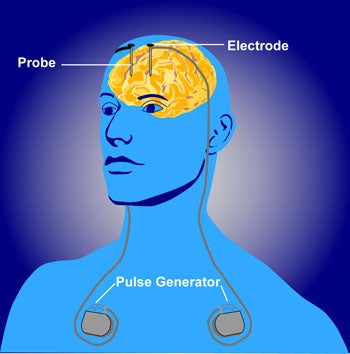

These characteristics are projected to generate lucrative market growth prospects for the market. In addition, major firms are planning to geographically expand their businesses and establish more warehouses in various areas to conduct their operations through multiple available channels in worst-affected regions to satisfy demand. Companies have been using strategies such as rerouting logistics, sourcing from additional partners, and air freight delivery to deal with supply chain disruptions. Thus, such trends are expected to have a significant impact on the adoption of DBS in upcoming years.Īdditionally, most nations across the world have eased lockdown restrictions and recommence certain elective surgeries, thus the market is projected to recover and grow during the forecast period. However, globally increased activities in tele-consultancy for follow-up and routine check-ups to address the symptoms of PD patients during the pandemic are playing a key role in improving market growth.

As a result, they saw a decrease in procedural volumes in 2020, which is expected to stifle market growth. Manufacturers have found it difficult to serve their surgeon customers since some hospitals have restricted access to their facilities or changed access regulations. In worst-affected nations, such as the U.S., Russia, India, Brazil, France, the U.K., Italy, and Spain, neurosurgical operations fell by 55%. To reduce the spread of the coronavirus, brain surgeries have frequently been postponed or even canceled during this timeframe. The outbreak of COVID-19has negatively impacted the market by directly affecting the demand & production, creating a disruption in the supply chain, and increasing the financial burden on firms. Moreover, the introduction of telehealth consults and eHealth apps to routinely monitor PD patients during the COVID-19 pandemic is further expected to support the deep brain stimulation (DBS) devices market growth over the forecast period.
Deep brain stimulator driver#
In addition, increasing demand for minimally invasive techniques due to enhanced patient outcomes is also a high-impact rendering driver for the market. The increasing number of patients suffering from involuntary movements associated with Parkinson’s disease, dystonia, and multiple sclerosis is expected to drive market growth. The global deep brain stimulation devices market size was valued at USD 1.05 billion in 2021 and is expected to grow at a compound annual growth rate (CAGR) of 9.8% from 2022 to 2030.


 0 kommentar(er)
0 kommentar(er)
